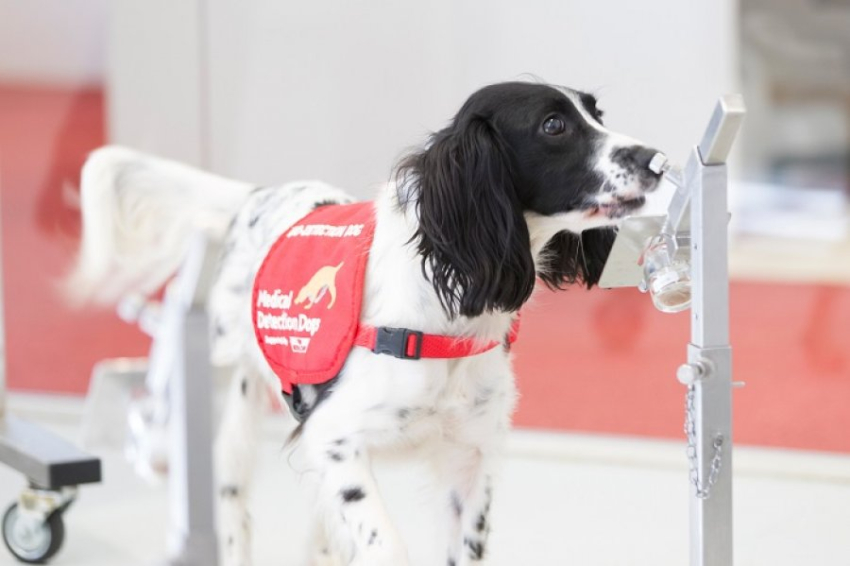WASHINGTON – Dogs could be trained to sniff out malaria in people aimed at preventing the spread of the deadly disease, new research reveals.
Researchers found that dogs could scent malaria in samples of socks worn by infected children claiming that findings could potentially lead to the first rapid and non-invasive test for malaria.
Although the research is in its early stages, the scientists hope trained sniffer dogs could help to stop malaria spreading between countries and lead to infected people being spotted earlier and treated quickly.
The research was presented on Monday at the American Society of Tropical Medicine and Hygiene Annual Meeting in New Orleans, USA.
Principal Investigator Professor Steve Lindsay, in the Department of Biosciences, Durham University, UK, said: “While our findings are at an early stage, in principle, we have shown that dogs could be trained to detect malaria-infected people by their odour with a credible degree of accuracy.
This could provide a non-invasive way of screening for the disease at ports of entry in a similar way to how sniffer dogs are routinely used to detect fruit and vegetables or drugs at airports.
“This could help prevent the spread of malaria to countries that have been declared malaria-free and also ensure that people, many of whom might be unaware that they are infected with the malaria parasite, receive antimalarial drug treatment for the disease.”
Malaria is a life-threatening disease caused by parasites transmitted to people through the bites of infected female Anopheles mosquitoes, but it can be prevented and cured.
According to the World Health Organization (WHO), since 2000 six countries have been certified malaria-free, with another 12 countries reporting that no malaria cases have originated within their borders.
Malaria was responsible for 445,000 global deaths in 2016, according to the World Health Organization (WHO). In total, 216 million infections were registered worldwide that year.














